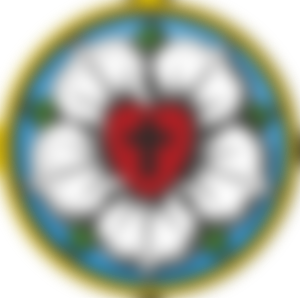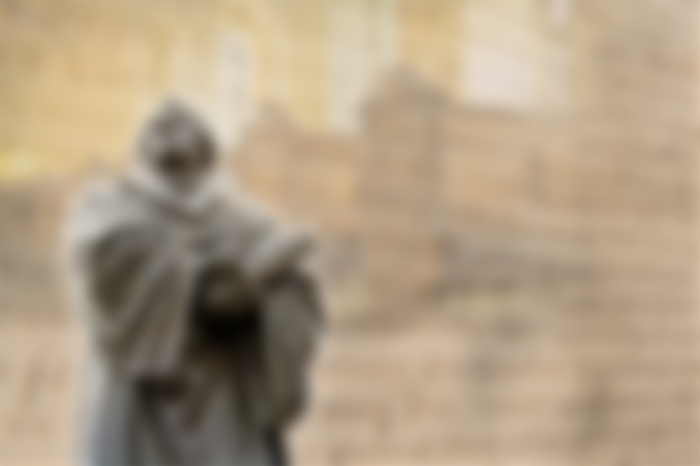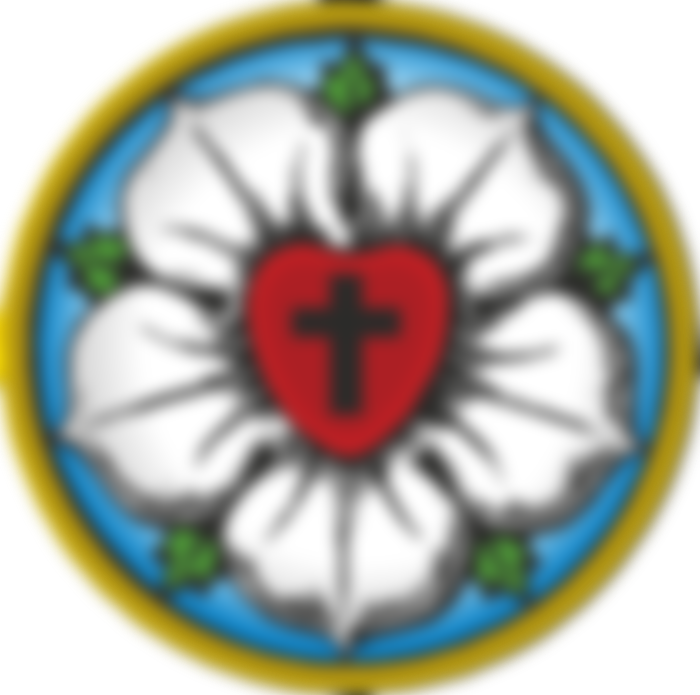History remembers him as the man of the schism, who with his revolutionary ideas marked the destiny of Christianity, giving life to a second way towards the salvation of the soul. But in 1516 Luther was an Augustinian friar and professor of theology at the small Saxon university in Wittenberg. He was born in Eisleben in northeastern Germany and died there in February 1546 from a family of peasants. He completed his studies by graduating in theology and training on the readings of St. Paul and St. Augustine. His profound knowledge of sacred texts earned him the chair of dialectics and physics at the University of Wittenberg. The Catholic Luther was an extremely busy man: very busy, deputy prior to his small convent. He was not a rebel, but a monk in career, who by order of his superiors had thrown himself into a frenetic activity of teaching.

Scandalised by the rampant corruption of the clergy in Rome, in response to the papal indulgences promised by Leo X, in exchange for an offer for the construction of St Peter's Basilica, posted on the cathedral door, challenging the world to contradict him, a document that would become famous the 95 theses against papal indulgences was on 31 October 1517: almost an official birth certificate of the German Revolution and Protestant reform. In them were indicated some concepts contrary to Catholic doctrine: the sufficiency of the Holy Scriptures (excluding the intermediation of the popes in their understanding); the Universal Priesthood (which denied the clergy in the relationship between God and man making them individual and autonomous); the denial of papal infallibility. On the throne of Rome was Leo X, of the house of Medici. Elegant and indolent, Leo X excelled above all in squandering the riches of the Church until he became famous for having managed to dissipate the resources of himself, his predecessor and his future successor. With such a pope, the crisis in European squares and universities was inevitable.

Luther's strong objections can be summarised in three points. The first is the earthly and political one of the already well-known poverty of the German people and the pope who built St. Peter's with the blood of his sheep. The second, the pope's jurisdiction over purgatory, has entered the theological field.
If Rome had the power to free souls in purgatory why had it not been decided to empty that place of punishment immediately without asking for money? A third point was finally the most essential: there is no remedy for the sinner. Peace is offered to us only by Christ received directly and individually through Faith. This was the basis of the schism. The thunder of applause that Luther received from Germany and Europe left no doubt that he had hit the mark. Welcomed in Germany, both by the nobles and the more humble classes, Luther's theories led to the birth of the Protestant Reformation and the subsequent doctrine of Lutheranism, still widespread in Germany, Scandinavia, Estonia, Lithuania, the United States of America and Ethiopia.

